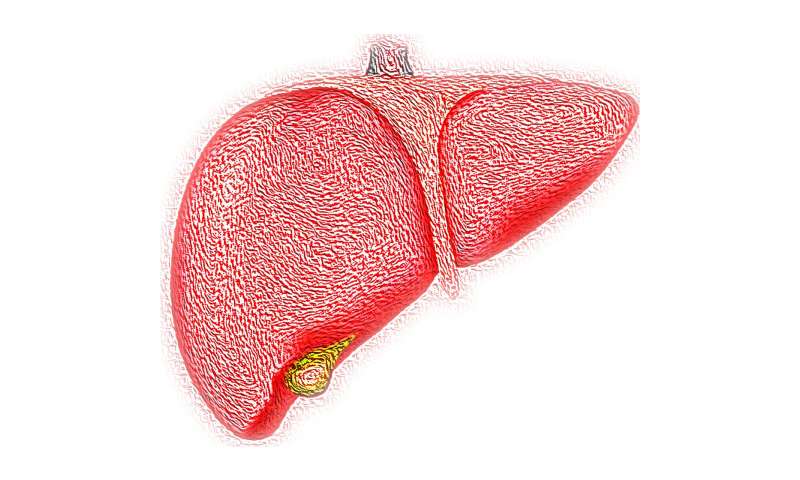
Use of thyroid hormone to boost hepatocyte proliferation enhanced the efficiency of CRISPR/Cas9-mediated gene correction in the mouse liver. This dietary induction of hepatocyte regeneration may be a viable clinical strategy to enhance gene repair in the liver, according to the peer-reviewed journal Human Gene Therapy.
The study was done in a mouse model of tyrosinemia type 1. “In neonatal mice, a gene correction frequency of ~10.8% of hepatocytes was achieved,” said Qing-Shuo Zhang, Oregon Health & Science University and coauthors. “The efficiency in adult mice was significantly lower at ~1.6%.”
Use of thyroid hormone T3 to temporarily induce hepatocyte division in the adult mice led to a significant increase in the gene correction efficiency to 3.5%.
Source: Read Full Article



